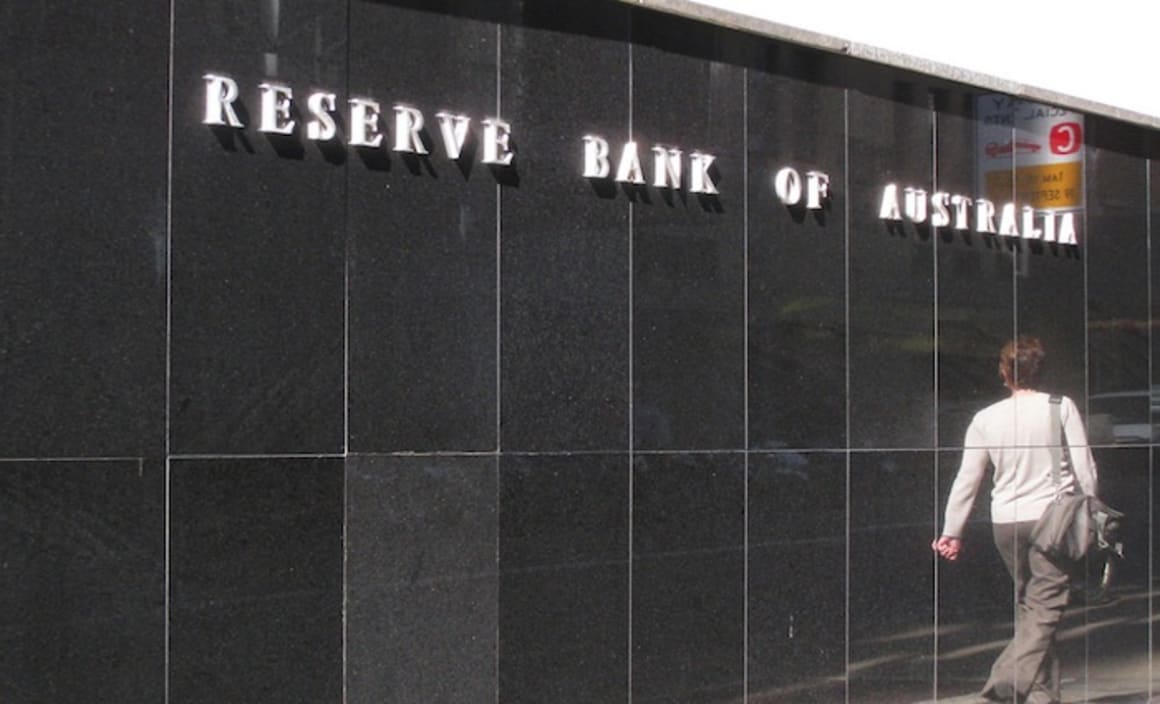RBA holds cash rate at July meeting

The RBA unsurprisingly left the cash rate on hold again for a fourth consecutive meeting at a record low 0.25 per cent.
Two third of Finder's RBA Cash Rate Survey expect the cash rate to eventually increase, but only one, Tony Makin of Griffith University, expects a rise this year.
“If the virus is satisfactorily contained, and assuming no second wave, the economy should be recovering by the December quarter", Makin said.
“In the context of a domestic and global recovery, the high money growth stemming from public debt monetisation should put upward pressure on the price level, necessitating a monetary policy response.
“Additionally, the huge issues of government bonds to fund large pandemic-related budget deficits that have not been monetised by central banks here and worldwide would normally put upward pressure on longer term world interest rates,” Makin added.
CreditorWatch boss Patrick Coghlan says the RBA's comments later in the year is what we need to be looking out for.
“While positive sentiment has increased in recent weeks as the economy and trade starts to open up, the big concern is what happens in and around September when the stimulus (consumer & commercial) packages potentially come to an end – namely, job-keeper, jobseeker, rental abatement, a home loan repayment reprieve (mortgage holidays), insolvency/bankruptcy legislation and safe harbour changes", Coghlan said.
"There’ll be a serious shock to the economy as people are once again forced to start paying the bills and/or stop receiving government incentives.
“At this time, business owners will need to start taking a serious look into the mirror and ask themselves whether their business has the capacity to survive. Currently, there are plenty of businesses out there that should be initiating wind up or at least engaging with a restructuring specialist or banker.
"Despite the safe harbour changes implemented by the government to provide a temporary moratorium on insolvent trading, company directors still have a responsibly within the Corporations Act to act diligently and reasonably, displaying due care. If companies continue to rack up debt that was never likely to be repaid and are then forced into administration, there will be ramifications.”
The weekly ANZ-Roy Morgan consumer confidence rating fell one per cent to an eight-week low last week.
It was a second successive decline in sentiment, but it is still 41 per cent up since hitting record lows in late March, the lowest since 1973.
CommSec economist Craig James says concerns about a ‘second wave’ of virus infections have shown up in recent consumer confidence surveys.
"The much-watched leading indicator of household spending intentions - ‘time to buy a major household item’ sub-index - turned negative for the first time in six weeks", James said.
"While a hard nationwide economic lockdown looks unlikely, Australia’s continued success in containing virus outbreaks is vital to confidence and the tentative improvement in the jobs market."